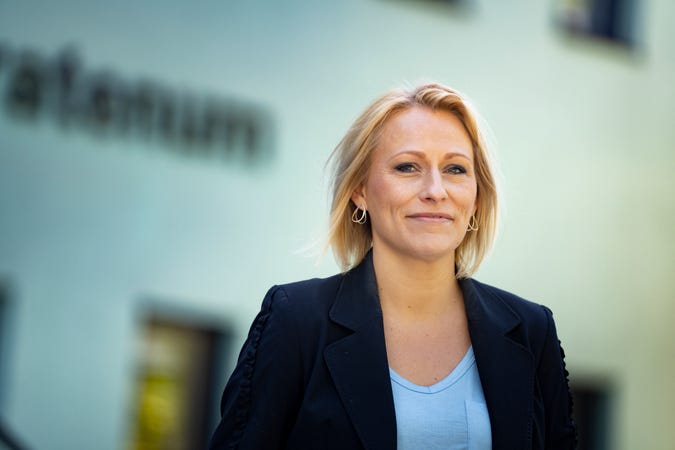Group den Ruijter
Group den Ruijter
Heart disease is the number 1 killer of men and women in the world. There are significant differences between women and men with heart disease. We focus on the sex-specific molecular mechnisms of heart disease and female-specific biomarkers to improve clinical care for women with heart disease. In particular, we study the role of sex chromosomes and hormones in relation to coronary microvascular disease, which is thought to be the cause of several types of heart disease in women.
Heart disease in women is different uitklapper, klik om te openen
Women can have different symptoms of heart disease as compared to men. Rather than the explicit chest pain that radiates down the left arm, women experience sweating, anxiety, sleeplessness, nausea – all symptoms that may indicate other conditions like menopause and stress. We may therefore miss the onset of heart disease in women.
Traditionally, chronic heart failure was thought to be weakening of the heart and its inability to properly pump blood to the body (ejection fraction). We now know that patients with chronic heart failure can display normal ejection fraction (HFpEF; heart failure with preserved ejection fraction) and while they have overlapping symptoms, treatment for this is very different from those with a weakened pump. Interestingly, about two-thirds of the HFpEF patient population are women.
And as a final example, atherosclerotic plaques in the carotid artery (the large blood vessel that runs to your brain) are more stable in women than in men. These plaques are a major cause of stroke, and brings into question the need for female-specific therapies to prevent and treat cardiovascular disease. We should therefore, seriously consider sex stratifying for sex and gender in research and clinical trial readouts.
Sex-specific differences may be important
Every single normal cell in our body has 23 pairs of chromosomes that carry our genetic material. The sex chromosomes differentiate men and women. Women have two copies of the X chromosome and men have an X and Y chromosome, and the genetic content of the X and Y chromosome differs greatly. The second X chromosome in women is biologically inactivated, yet a significant number of genes can escape this inactivation and may contribute to diseases that affect women.
From a large cohort study, we’re looking at patient vascular cells that line blood vessel walls. Using advanced imaging and sequencing techniques, we’re identifying molecular markers that can predict stiffness of the vessel wall. Early thickening or stiffening of blood vessels are an indication of pathophysiological changes that can influence the development of heart disease. Our deeper understanding of the molecular biology will help us develop good female-specific markers for improved diagnosis and treatment of heart disease.
I’ve always been inspired by the strong women in my life, and as a female scientist understand the urgency for more focused translational research directed at improving health outcomes for women with cardiovascular disease.
Research team uitklapper, klik om te openen
Principal investigator:
Hester den Ruijter, Full Professor
Post docs:
Robin Hartman, PhD
Anouk Eikendal, MD PhD
Elise Kessler, PhD
Ernest Diez Benavente, PhD
PhD students:
Sophie Bots, MSc
Klaske Siegersma, Msc
Floor Groepenhoff, MD
Anne-Mar van Ommen, MD
Michele Buono, MSc
Diantha Schipaanboord, MSc
Technicians:
Daniek Kapteijn, BSc
Mark Daniels, BSc
Secretary
Mrs. Ingrid Meijer


